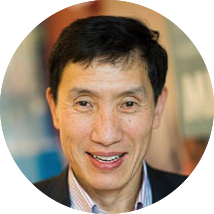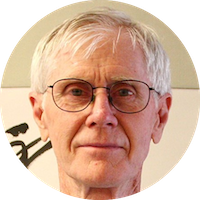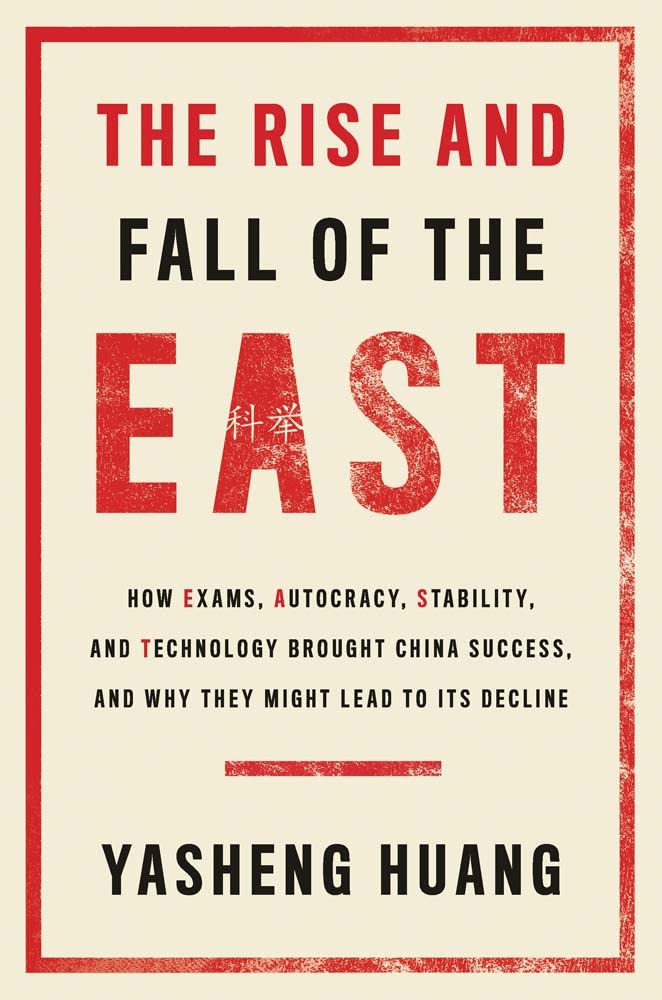Sign up for our newsletter to be notified of new posts!
From ancient times through to the present, posits MIT scholar Yasheng Huang, Chinese society has been shaped by the interplay of EAST — exams, autocracy, stability and technology. From the Sui dynasty’s introduction of the imperial civil service exam (keju 科举) in the sixth century, to various successor tools used by the Chinese Communist Party today, he argues that Chinese autocracies have developed exceptional tools for homogenizing ideas, norms and practices.
But this uniformity came with a downside: it stifled creativity. China’s most prosperous periods — from the Tang dynasty to 1980s — occurred when the emphasis on bureaucratic control was balanced with a diversity of ideas. In recent years, however, Xi Jinping has reverted China to its long-standing commitment to uniformity, which has potentially detrimental consequences for China’s economic growth and social stability.
On November 13, at Asia Society in New York, in a discussion moderated by Orville Schell, Professor Huang talked about the themes of his new book The Rise and Fall of the EAST — how China transitioned from dynamism to stagnation after the keju was instituted, and what lessons these historical trends hold for China’s current trajectory.
In a continuation of our occasional China Book Talks series, following our own launch event last month, we’re delighted to present the video of the talk:
Speakers

Yasheng Huang is an American professor of international management at the MIT Sloan School of Management, where he founded and directs the China Lab. Huang is the author of Capitalism with Chinese Characteristics (2008) a history of economic reforms in China, and of The Rise and Fall of the EAST: How Exams, Autocracy, Stability, and Technology Brought China Success and Might Lead to its Decline (2023).

Orville Schell is the Arthur Ross Director of the Center on U.S.-China Relations at Asia Society, and co-publisher of the China Books Review. He is a former Professor and Dean at the University of California, Berkeley, and author of over ten books about China. He is a regular contributor to The New York Review of Books, The New Yorker, Foreign Affairs and other publications, and has traveled widely in China since the 1970s.
There’s an affinity between traditional Chinese political ideology and the Communist ideology — both empower the state at the expense of society and independent actors.
Yasheng Huang
The video of this event was also published at Asia Society. ∎



